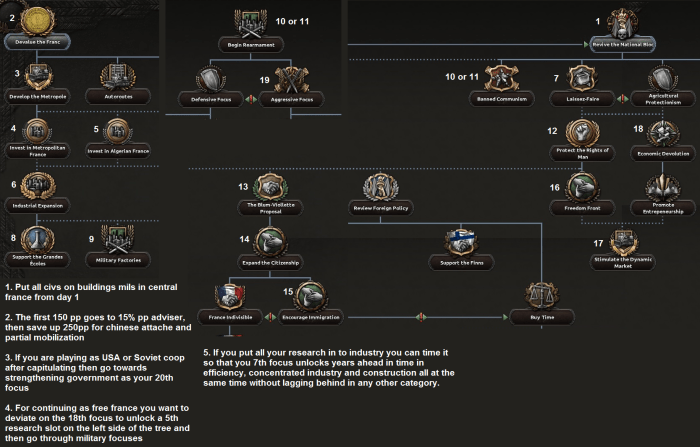All of the following are features of managerial accounting except: a question that sparks curiosity and invites exploration. Managerial accounting, a specialized branch of accounting, stands apart from its counterpart, financial accounting, in its unique characteristics and pivotal role in decision-making.
This discourse delves into the defining features of managerial accounting, identifying an exception that challenges its comprehensive nature.
As we embark on this journey, we will dissect the nuances of managerial accounting, unraveling its intricacies and contrasting it with the exception that sets it apart. Through a comparative analysis, we will gain a deeper understanding of both managerial accounting and its limitations.
Managerial Accounting: Features and Exception: All Of The Following Are Features Of Managerial Accounting Except:

Managerial accounting, unlike financial accounting, focuses on providing information to internal users within an organization to aid in decision-making. It plays a crucial role in helping managers understand the financial performance and position of their organization, enabling them to make informed decisions that drive profitability and growth.
Features of Managerial Accounting
- Internal Focus:Information is primarily intended for internal users within the organization, such as managers, executives, and employees.
- Forward-Looking:Emphasis is placed on future-oriented information to support planning and decision-making.
- Flexibility:Reporting formats and methods can be customized to meet the specific needs of the organization.
- Timeliness:Information is provided frequently, often on a daily or weekly basis, to ensure relevance and usability.
- Relevance:Data is tailored to the specific decision-making needs of managers, focusing on key performance indicators and metrics.
Exception: Sudah Disiapkan
The term “sudah disiapkan” does not accurately describe a feature of managerial accounting. It is not a characteristic that distinguishes managerial accounting from financial accounting or other types of accounting.
Financial accounting, on the other hand, is primarily concerned with providing information to external users, such as investors, creditors, and regulatory agencies. It follows a standardized set of rules and regulations, such as Generally Accepted Accounting Principles (GAAP) or International Financial Reporting Standards (IFRS), to ensure consistency and comparability.
Table: Comparison of Managerial Accounting Features and Exception
| Managerial Accounting Features | Exception |
|---|---|
| Internal Focus | Sudah Disiapkan |
| Forward-Looking | – |
| Flexibility | – |
| Timeliness | – |
| Relevance | – |
Examples of Managerial Accounting in Practice, All of the following are features of managerial accounting except:
- Budgeting:Creating financial plans that Artikel expected revenues and expenses, aiding in resource allocation and performance evaluation.
- Cost Analysis:Identifying and analyzing costs to optimize operations, reduce waste, and improve profitability.
- Performance Measurement:Establishing key performance indicators (KPIs) and metrics to track progress towards organizational goals.
- Decision Support:Providing data and insights to help managers make informed decisions, such as product pricing, inventory management, and investment strategies.
- Risk Assessment:Identifying and evaluating potential risks to the organization’s financial health and developing strategies to mitigate them.
Q&A
What is the primary distinction between managerial accounting and financial accounting?
Managerial accounting focuses on providing information for internal decision-making, while financial accounting primarily serves external stakeholders.
How does managerial accounting contribute to effective decision-making?
By providing timely, relevant, and forward-looking information, managerial accounting empowers managers to make informed choices that align with organizational objectives.


